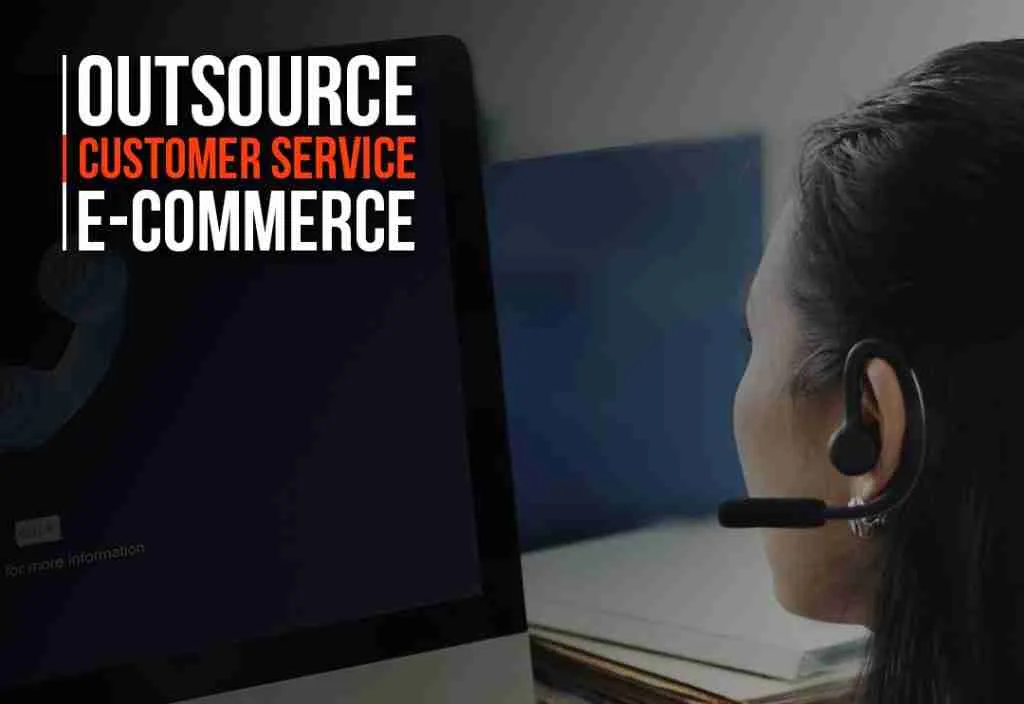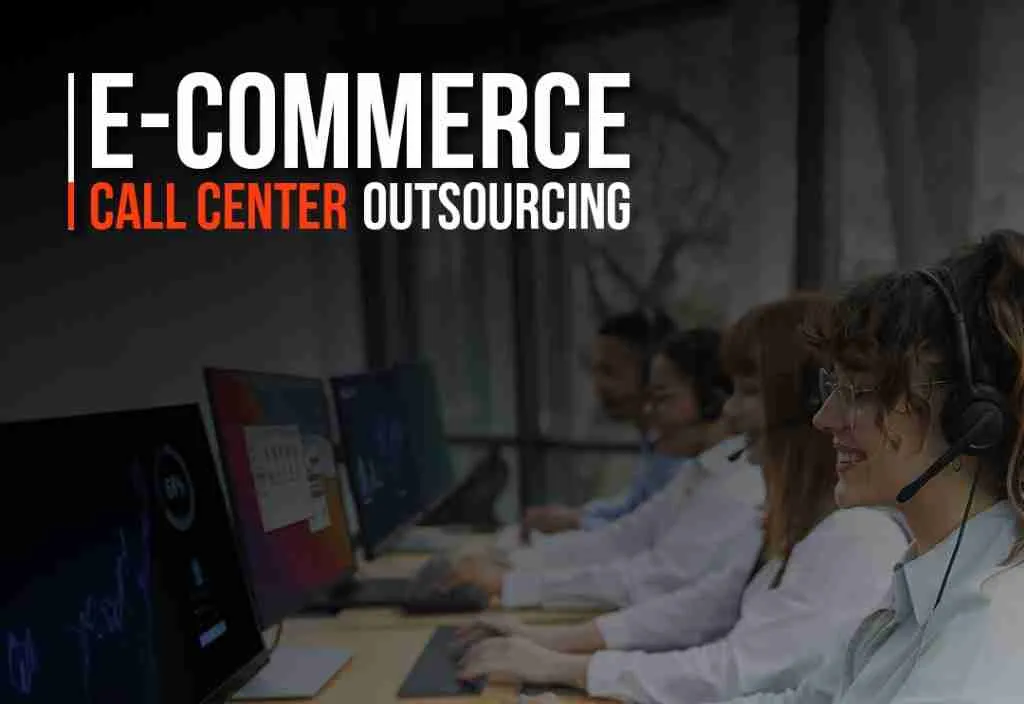Your online store isn’t just a website, it’s a full-fledged business. From inventory to customer service, from digital marketing to logistics, e-commerce success demands 360° control. But here’s the kicker: not every business has the bandwidth to manage it all. That’s where e-commerce management services step in and take over like pros.
With the explosion of online brands and digital marketplaces, more businesses are now turning to e-commerce management service providers to streamline, scale, and simplify operations.
Let’s break down what these services include, why outsourcing them might be the smartest move you make this year, and how to pick the right partner without guesswork.
What Are E-Commerce Management Services? A Brief
E-commerce management services include the end-to-end handling of your online business operations. This goes way beyond uploading products and monitoring orders. A reliable service provider covers:
- Product listing and catalog management
- Inventory and order management
- Payment gateway integration
- Customer service support
- SEO and digital marketing
- Analytics and reporting
- Return/refund handling
- Platform-specific management (Amazon, Shopify, WooCommerce, etc.)
Whether you’re a startup looking to scale or an established brand trying to optimize, these services offer a plug-and-play backend that keeps your store running without hiccups.

Top Benefits of E-Commerce Management Services for Your Online Business
Outsourcing your e-commerce tasks to a dedicated service provider can transform the way your business runs.
- Unlock More Time to Focus on Core Growth: Managing listings, returns, shipping, and inventory can be overwhelming. With a service partner handling the backend, business owners can finally redirect their focus to product innovation, partnerships, and long-term strategy.
- Leverage Industry Expertise Without Hiring In-House: Most e-commerce management teams come with specialized knowledge in SEO, logistics, platform integrations, and customer experience. Hiring such an in-house team would cost far more and take longer to build.
- Scale Faster and Smarter: As your business expands, order volumes increase, new product lines launch, and customer queries multiply. With a managed solution, your operations grow seamlessly, without the stress of scaling internal systems.
- Improve Operational Efficiency: With automation tools, inventory syncing, and proactive order monitoring, e-commerce service providers help reduce delays, avoid stockouts, and streamline fulfillment processes.
- Gain Actionable Insights Through Analytics: Most agencies provide real-time dashboards and performance reports, helping you make informed decisions about promotions, inventory restocking, and customer behavior trends.
Why Outsourcing Your E-Commerce Operations Can Be a Strategic Advantage?
When done right, outsourcing e-commerce management services isn’t just about delegation, it’s about acceleration. Here’s why it can give your business a real edge:
- Reduce Operational Costs Significantly: Hiring, training, and maintaining an in-house team for every function (marketing, inventory, support) is expensive. Outsourcing cuts costs by providing a bundled service at a fraction of the investment.
- Gain Access to Premium Tools and Technology: Service providers often use advanced platforms like HubSpot, Klaviyo, SEMrush, and ERP systems tools that are otherwise expensive or hard to manage for a single business.
- Operate Across Multiple Platforms With Ease: Whether you’re selling on Amazon, Shopify, Flipkart, or all of them together, agencies understand the nuances of each platform and tailor your presence accordingly.
- Ensure 24/7 Support and Monitoring: Outsourcing allows your store to be managed round-the-clock. From late-night queries to weekend surges in traffic, your customers receive timely support even while you sleep.
- Streamline Multi-Vendor and Multi-Location Logistics: If you’re dealing with multiple warehouses or vendors, service partners can coordinate inventory, dispatch, and returns, ensuring smooth flow across all fronts.
Potential Disadvantages of Outsourcing E-Commerce Management Services
As efficient as outsourcing can be, it’s important to weigh the challenges that come with it. Being aware upfront helps you mitigate them with smarter choices.
- You May Experience a Drop in Operational Control: Delegating responsibilities means you won’t have the same hands-on visibility over daily operations. Unless your partner provides regular reports, you may feel disconnected.
- Quality Standards Might Vary Across Agencies: Not every service provider offers the same level of commitment or expertise. Choosing the wrong partner can lead to inconsistent customer service or inaccurate listings.
- There Are Risks Associated With Data and Access: Allowing external partners access to your systems, payment gateways, and customer data always carries a degree of risk. Ensuring their data protection and compliance standards is crucial.
- Some Costs May Be Hidden or Unclear: Some providers might offer a low base fee but later add charges for extra services, revisions, or platform-specific work. It’s important to get a transparent breakdown before you commit.
- Limited Flexibility During Urgent Changes: Since you’re not managing the team directly, last-minute changes or urgent promotions might take longer to implement, depending on your partner’s processes.

How to Choose the Right E-Commerce Management Partner (Step-by-Step)?
Choosing e-commerce management services provider isn’t a task to check off, it’s a decision that shapes how your business operates behind the scenes. So don’t rush it. Think of it like hiring a backstage crew for your online brand: they need to be sharp, reliable, and aligned with your brand’s style.
- Know What You Need (Not What Everyone’s Selling): Before you dive into demos and pricing talks, take a pause. Do you need help with just order fulfillment? Or a full-scale solution covering marketing, inventory, and customer service? Make a list, like:
- What are you struggling with the most right now?
- What tasks are draining your time?
- Which parts of your store aren’t optimized?
Knowing your pain points helps you filter out the noise and zero in on partners who solve your problems.
- Stalk Them Online but In a Professional Way: Yes, once you have shortlisted a few providers as per your need, do a deep dive. Visit their website, check if it is updated, clean, and credible. Check their client list of case studies. Have they worked with businesses like yours? Look at reviews on Google, Clutch, or other platforms to get more info. If they can’t manage their digital presence, how will they manage yours?
- Ask the Right Questions in the First Call: The discovery call isn’t just for them to pitch; it’s your chance to get clarity. Therefore, ask them:
- How do you handle platform-specific operations (like Amazon vs Shopify)?
- What’s your response time for urgent issues?
- Do you use any automation or inventory syncing tools?
- How often do you send performance reports?
- Will we get a dedicated account manager?
Their answers will tell you a lot about how hands-on and structured they are.
- Start Small With a Trial or Pilot Project: Don’t sign a six-month contract just because they had a flashy deck. Ask for a trial, maybe a two-week run with limited services or a test campaign. This trial run reveals:
- How proactive they are
- How they communicate
- How quickly they adapt to your workflows
Real performance > PowerPoint promises.
- Check Their Reporting Style (It Says a Lot): Transparency is a big deal. Ask them to show you sample reports or dashboards:
- Are the reports easy to read?
- Do they track things that matter (conversion rate, cart abandonment, ROI)?
- Do they give actionable insights or just dump numbers?
A good partner doesn’t just deliver reports; they help you understand your data.
- Discuss Security, Access, and Boundaries: You’re handing over sensitive data, customer info, inventory details, and payment integrations. So, ask:
- Do you sign NDAs?
- How do you manage user roles and access controls?
- Are your systems GDPR/compliance-certified?
If they fumble this conversation, it’s a red flag.
- Review Their Pricing (But Don’t Let Price Lead the Decision): Of course, pricing matters. But cheap doesn’t always mean smart. Thus, look at:
- What’s included in the base package?
- Are there hourly caps, platform-specific charges, or “extras” that aren’t listed?
- Do they offer flexible packages as you scale?
Also, compare value, not just cost. If one agency costs a little more but offers deeper insights, smarter tools, and dedicated support, it may be worth the extra bucks.
Conclusion
If you’re serious about scaling your online store, e-commerce management services are no longer optional; they’re essential. From streamlining day-to-day operations to unlocking long-term growth, the right partner can give your business the structure, expertise, and speed it needs to thrive in an increasingly competitive market.
Whether you’re a startup struggling to juggle operations or an established brand aiming to optimize your backend, outsourcing e-commerce management services can save you time, reduce hassle, and boost efficiency, without draining your resources.
So, if you are looking to outsource, Outsourcing Buddy is here to help you scale smarter, not harder. Get in touch today to explore customized e-commerce solutions tailored to your brand’s unique needs.
Frequently Asked Questions
Question: What does an e-commerce management service typically include?
Answer: An e-commerce management service can cover a wide range of tasks, including product listing, order and inventory management, customer service, platform optimization (like Amazon or Shopify), SEO, and performance reporting. It’s like having a full backend team working for your online store.
Question: Can e-commerce management services help improve customer satisfaction?
Answer: Absolutely. With proper handling of orders, timely updates, efficient customer service, and reduced errors, these services ensure a smoother experience for your buyers, leading to higher satisfaction and better retention.
Question: Is outsourcing e-commerce operations suitable for small businesses?
Answer: Yes. Small businesses often benefit the most from outsourcing because it eliminates the need to hire a large in-house team, and gives them access to experienced professionals and advanced tools that they may not afford on their own.
Question: How do I maintain control after outsourcing e-commerce services?
Answer: You can retain control by choosing a partner that offers transparent reporting, regular updates, shared dashboards, and clear communication channels. Setting expectations from the start ensures alignment throughout the partnership.
Question: Can I outsource just one part of my e-commerce operations, like inventory or support?
Answer: Yes, of course. Many e-commerce management service providers offer modular or customizable solutions. You can outsource specific functions, such as customer support, product uploads, or logistics. based on your current gaps and internal capabilities.


